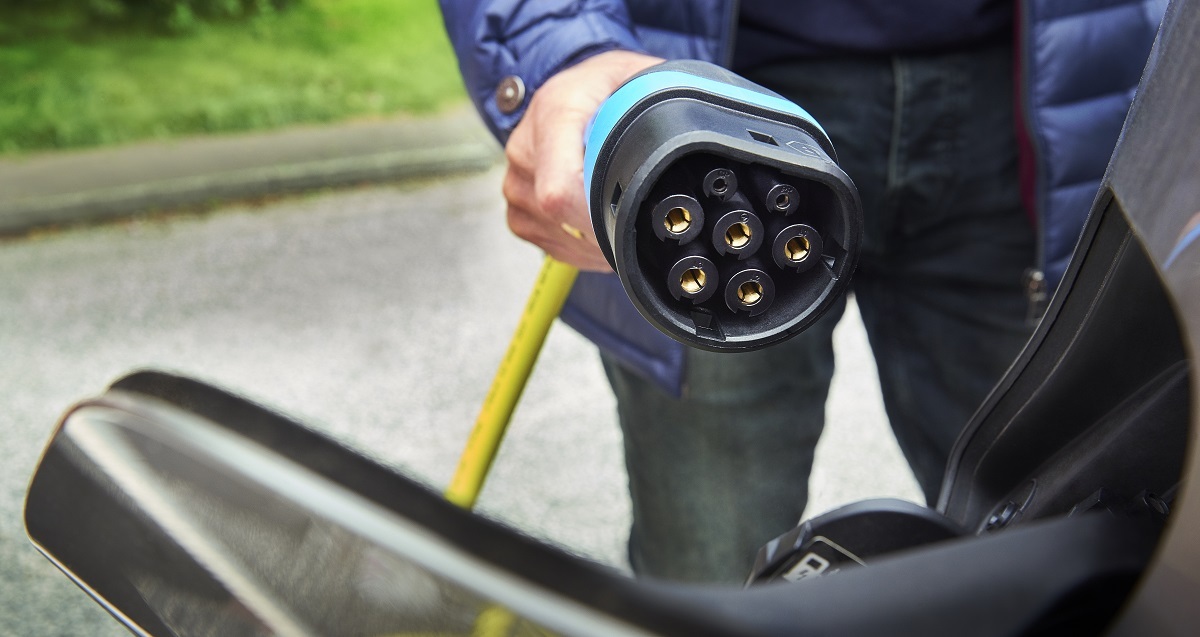The European Union will officially adopt legislation to end sales of new petrol- or diesel-powered vehicles beginning in 2035 after EU Member States gave final approval to the law in late March. The final vote on the legislation was originally scheduled for the beginning of March but was delayed after Germany raised concerns about the sweeping restrictions.
The ultimate goal of this legislation is to end the sale of vehicles with traditional internal combustion engines and facilitate the transition to electric vehicles (EVs). However, the strict restriction was initially met with opposition from industry stakeholders and several countries, who believe that EVs won’t be the only climate-friendly solutions of the future.
The late stage delay to the EU policy, which was described as “highly unusual,” was driven by calls from Germany for an exemption in the legislation for vehicles that run on climate-neutral synthetic fuels, or e-fuels. E-fuels are considered carbon neutral because they are made by synthesising captured carbon emissions and hydrogen. These captured carbon emissions then offset any carbon emissions that are released into the atmosphere when the fuel is used in an engine.
After several weeks of discussions, the European Commission has agreed to create an exemption for the continued sale of vehicles that are powered by e-fuels after 2035. The Commission has promised to deliver a proposed exemption by the end of 2023. One rule under this exemption has already been outlined – vehicles using e-fuels after 2035 will have to be equipped with technology that would prevent them from starting when filled with petrol or diesel.
The new legislation will also ease the transition to net-zero carbon emissions with intermediate requirements for carbon emissions. There must be a 55% reduction in carbon emissions from 2021 levels for new cars sold from 2030, while new vans sold from 2030 must comply with a 50% carbon emissions cut.
Despite this last-minute exemption concession, the transition to a carbon neutral automotive industry will continue to move forward. Automotive industry group European Automobile Manufacturers Association notes that a transition to electric vehicles is already underway in anticipation of the 2035 zero emission sales date, and that vehicle manufacturers are going full-course ahead with the goal of carbon neutrality.
Looking ahead
The transition to electric vehicles, while picking up in pace, is not without its risks. The lithium-ion batteries in many EV models can sometimes present a fire risk when charging conditions are not optimal. The infrastructure needed for charging stations is also lacking in many countries, making it difficult to travel far distances in some cases.
With this landmark legislation now finally approved, automakers should watch closely to determine how authorities plan to ease the transition and how they plan to implement the e-fuel exemption. As lawmakers and consumers increasingly demand EVs and other climate friendly vehicle options, automakers should also carefully monitor their operations and be prepared to take on greater responsibility for their vehicles throughout the complete product lifecycle.
Trusted by the world’s leading brands, Sedgwick brand protection has managed more than 5,000 of the most time-critical and sensitive product recalls in 100+ countries and 50+ languages, over 25 years. To find out more about our experience within the automotive sector, visit our website here.

